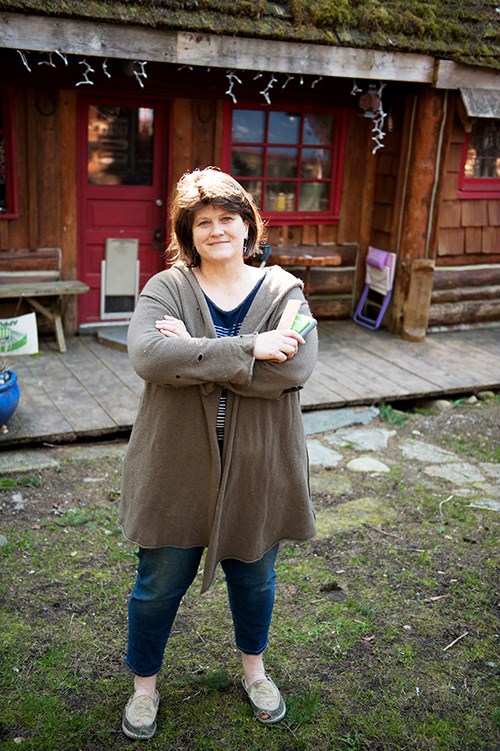When compared with allowances for municipalities in last year’s federal budget, this 2018’s may be disappointing to local governments.
It was “a finance minister’s budget,” says Squamish Mayor Patricia Heintzman. “It’s not really heavy on government programs, it was heavy on tax policy stuff.”
The 2017 federal budget was stronger on municipal issues such as transit, housing, and daycare — but this year, not so much, according to the mayor. Following the release of the National Housing Strategy in November, she’d hoped there would have been more funding to directly address housing in the budget.
“There are pieces in there, particularly for some First Nations housing, but I really think it would have been nice to see some real long-term, significant investment in some social housing, next-generation affordable housing, purpose-built rentals,” she said. “It didn’t quite give the funding that the National Housing Strategy needs to really get kick-started.”
Squamish, like other municipalities, could have really used the money to support affordable housing in the district. There are only a handful of purpose-built rental buildings in Squamish, and they are 40 to 50 years old.
“These funds would have helped those buildings improve dramatically,” Heintzman said. “Unless you put money behind it to make the strategy work… how are municipalities going to deal with the housing crisis?”
Housing issues aside, there are still takeaways for local governments. Funds to address opioid overdoses, for entrepreneurship and small business, and revenue-sharing with municipalities following cannabis legalization, are all additions to the federal budget the mayor supports.
There were eight opioid-related overdose deaths last year, and more injuries, in Squamish and its neighbouring municipalities. The majority of deaths were in Squamish, according to Heintzman. Small municipalities are dealing with an opioid epidemic as well — it’s not just the big cities — and federal funding is necessary to alleviate the crisis.
“This is going to take a really integrated, strategic approach from the federal, provincial and municipal government,” she said. “I don’t think there’s any community that’s immune from this problem.”
As the date for cannabis legalization approaches, Heintzman said she’s glad to see that tax revenue on marijuana will be shared with municipalities.
“A lot of the regulation and implementation is going to happen at the community level,” she said. “I would like to see a fair share given to local governments; we’re the ones on the ground dealing with the situation from a day-to-day regulation framework.”
As for childcare, Squamish could have used more money. In a previous budget, the Liberals pledged $7.5 billion over 11 years on funding with provinces, and the province will be delivering some of that re-directed funding to municipalities over the next three years. Heintzman hopes the District will be the recipient of some of that money.
“We don’t have enough childcare in Squamish for the number of kids we have,” she said. “We need more people trained in early childhood education and development, and you need to pay them more, or you’re simply not going to have enough workers.”
The federal government included a commitment to $1.2-billion over five years for parental benefits, which will give five extra weeks of leave when both parents share it. This too, for her, is a plus.
“Parents need to be parents,” she said. “From a personal point of view, you support parents when they are having kids, they come back and get into the workforce and continue to work. I think it’s fair.”
The federal government is also funding entrepreneurship, something she supports.
“It was quite strong on entrepreneur sector stuff, particularly funding for entrepreneurs and female entrepreneurs in particular. They seem to be quite strong on innovation and entrepreneurialism, which is quite good for our commerce and businesses in town,” she said.
“I think every community has to pay attention to its economy. It helps the people who live here and make a living here.”
From a cursory glance, the budget seems to be a positive thing for small business owners too.
“I’ve had small businesses: they’re challenging,” she said. “Small business is the backbone of our economy. They employ more people than all the large businesses combined. You need to make sure they’re not struggling.”



